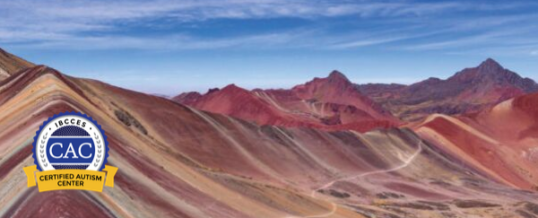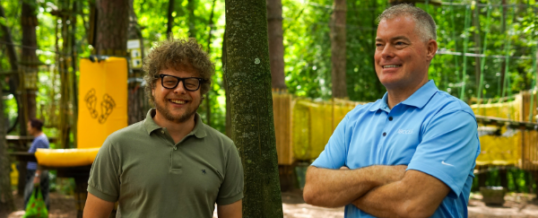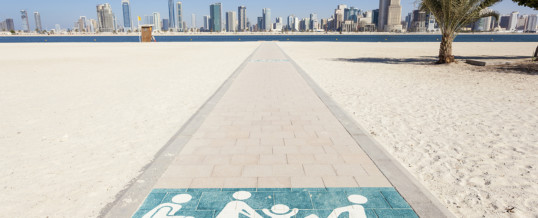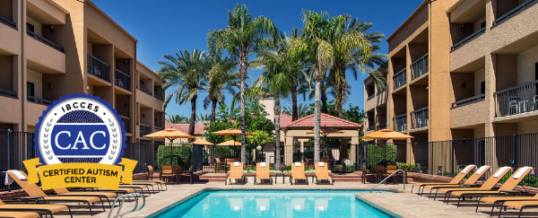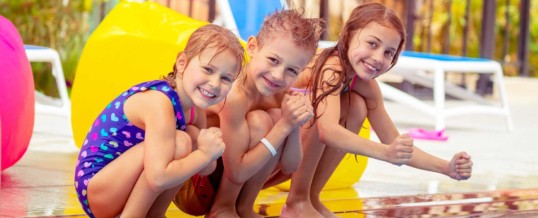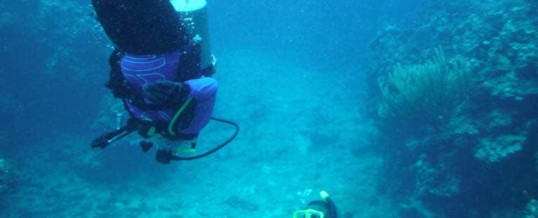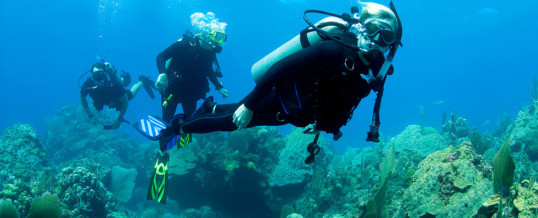Juve Travel Peru is the first organization in South America to become a Certified Autism Center™ (CAC). The CAC designation is awarded by the International Board of Credentialing and Continuing Education (IBCCES) to organizations who have completed a training and review process and are committed to serving individuals with autism and other sensory needs.
Travel and new experiences can be one of the most intellectually stimulating events for individuals on the autism spectrum, yet there are still few trained and certified travel options for families looking for destinations able to accommodate their needs. Organizations like IBCCES and industry leaders such as Juve Travel Peru are working to change that.
SEP
